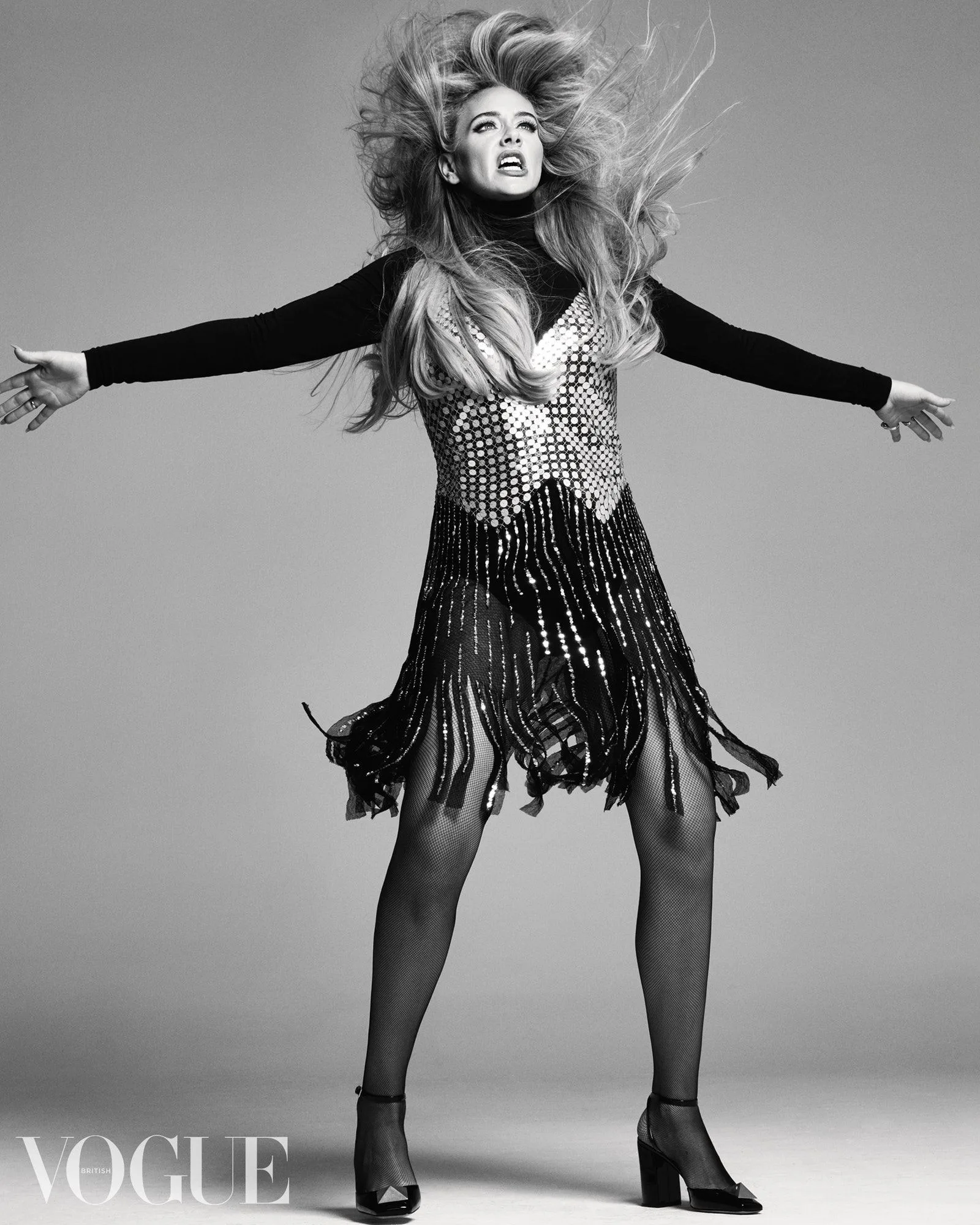If you Google Adele, or type her name into the search engines of Twitter and Meta, you’ll likely come across countless comments about her incredible voice and excitement about her much anticipated new album. However, you’ll also come across comments about her weight loss.
Adele: My Weight Will Always Be A Topic
“I’m not shocked or even fazed by it because my body has been objectified my entire career…I’m either too big or too small” she said, “I’m either hot or I’m not.”
Speaking to Oprah Winfrey during the Adele One Night Only special, the 15-time Grammy winner revealed that the attention her weight loss generated wasn’t a surprise to her. The 33-year-old revealed weight loss hasn’t changed how she views her body and body image. However, that doesn’t mean that people should continue to hold her up as a role model,
“I was body positive then, and I’m body positive now,” she said. “It’s not my job to validate how people feel about their bodies. I feel bad if anyone feels horrible about themselves, but that’s not my job. I’m trying to sort my own life out. I can’t add another worry.”
Why are we so obsessed with celebrity weight loss?

cbstv/instagram
“The most brutal conversations were being had by other women about my body. I was very fucking disappointed with that. That hurt my feelings.” – Adele, Vogue Magazine
Adele’s weight loss is nobody’s business. However, the reaction behind it does highlight the obsession we have with other people’s bodies, especially women’s.
Regardless of the reason behind her weight loss (which she later revealed was a byproduct of her exercising more in order to manage her anxiety), the almost flattering obsession with it reveals one of society’s major flaws – the fixation on being skinny.
A fatphobic society?
Fatphobia is defined as the fear and dislike of obese people and/or obesity. It also refers to the dislike of individuals who do not adhere to society’s definition of “skinny”. In regards to Adele’s weight loss, the themes of fatphobia and fat-shaming are very hard to miss and ignore.
Despite the rise of the body positivity movement, thanks in part to women like Adele and Lizzo, society still seems to be obsessed with promoting the skinny girl look, encouraging women across the world to achieve these looks, irrespective of their mental and physical health. In fact, research has found that eating disorders rose during the height of the COVID-19 pandemic. According to researchers, this was in part due to social media. Sadly, this platform has created skewed perceptions of what a body looks like.
Adele is more than her body
Before her weight loss, Adele was often lauded for her confidence. This in itself is concerning. After all, why should we be astounded by someone being confident if they’re not a size zero?
Sadly, now Adele’s being plagued by comments, both positive and negative, for unconsciously adhering to societal beauty standards.

Embellished silk-mix dress, and gold and diamond rings, Louis Vuitton. Poloneck body, Wolford. Tights, Falke. Studded patent-leather shoes, Valentino Garavani. STEVEN MEISEL
Despite the fact that she’s a multi-talented individual, most of the conversations about her adopt a body-centric approach. The discussions opt instead to focus on her physical appearance rather than her incredible musical achievements.
Takeaway
There’s nothing wrong with wanting to look nice and attractive. However, it’s important to remember that you don’t disregard your health in order to make this a priority. Adele is happy and healthy and that’s all that should matter, regardless of how she looks.
Want to know more?
Megan Fox’s body has long been lusted after and idolized for years. However, you might be shocked to find out that Megan Fox suffers from body dysmorphia.





![women [longevity live]](https://longevitylive.com/wp-content/uploads/2020/01/photo-of-women-walking-down-the-street-1116984-100x100.jpg)










